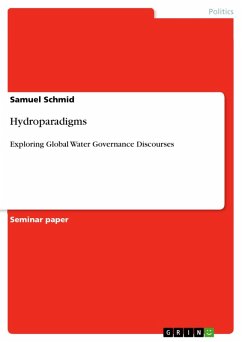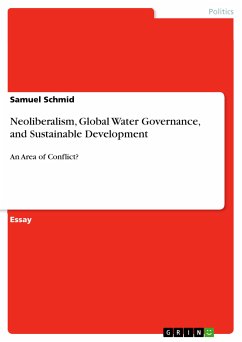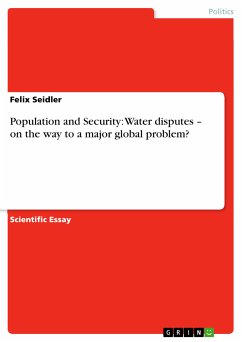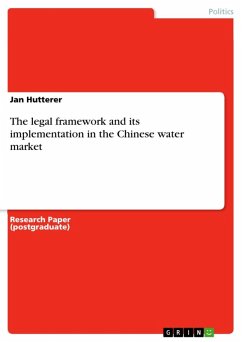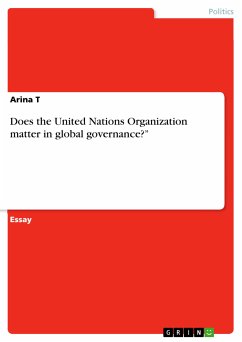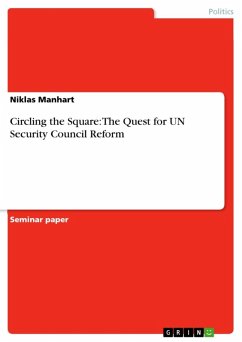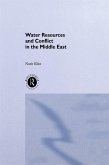Seminar paper from the year 2010 in the subject Politics - Environmental Policy, grade: 1,0, University of Luzern, language: English, abstract: This paper discusses the question what kind of Hydroparadigms exist and which dominate the development discourses in Global Water Governance (GWG) in the UN. Theoretically, I draw on non-critical elements of discourse theory as well as a social constructivist framework and concep-tualize Hydroparadigms as the underlying logics and "policy philosophies¿ as to how to solve or mitigate the global water crisis. I argue that the actors in GWG are driven by such paradigms, which are central not only to problem perceptions and policy proposals, but also for eventual re-gime formation. Then, based on a literature review, I deduct a typology system, proposing a three-dimensional map of Hydroparadigms ideal types, each with their specific problem definition, values, norms, policy implications and varying concepts of sustainability. The subsequent dis-course analysis is guided by a pragmatic approach, seeing the method as a special text-analysis that is not so theory-laden. Offering a broad overview of UN actors¿ discourses, I conclude that there are four existing and distinct Hydroparadigms - statist, community-based, economic, and integrated approaches - and that the latter are clearly dominant.
Dieser Download kann aus rechtlichen Gründen nur mit Rechnungsadresse in A, B, BG, CY, CZ, D, DK, EW, E, FIN, F, GR, HR, H, IRL, I, LT, L, LR, M, NL, PL, P, R, S, SLO, SK ausgeliefert werden.

